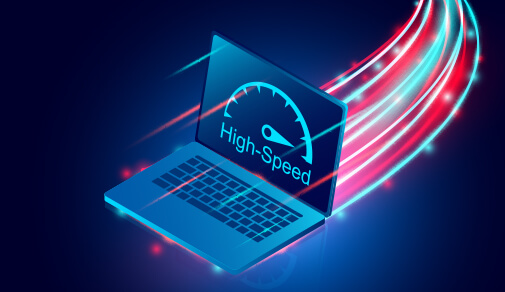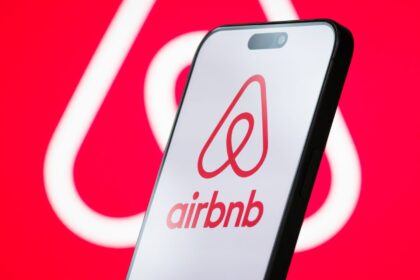Imagine downloading the entire Netflix catalog faster than you can say, “Skip intro.” That is the kind of speed Japan’s National Institute of Information and Communications Technology (NICT) just pulled off.
In a new world record, researchers in Japan hit a data transmission speed of 1.02 petabits per second, that is about 127,500 GB every second, over a distance of 1,802 kilometers (roughly the length of New York to Chicago). For context, the average U.S. broadband speed is around 289 Mbps, which makes this feat about 350,000 times faster. Your Wi-Fi could never
The magic lies in a futuristic fiber optic cable that packs 19 separate data cores, all squeezed into a strand the size of a regular cable: just 0.125 mm wide. That is the same thickness as what’s already in the ground, so no digging up streets or laying down new infrastructure. Just plug-and-play, if you live in the future.
Related: Why Jensen Huang Says China Cannot Count on Nvidia’s Chips
Each of those 19 cores handles its own data stream, which means 19 times more data flowing through a single line, with barely any loss along the way, thanks to precisely tuned light conduction. To stretch this sci-fi cable across the 1,120-mile route, the signal had to be amplified 21 times, and still kept blazing fast.
Just last year, NICT broke records too, but only managed that speed over a third of the distance. This new leap is thanks to major advances in signal amplification and data loss reduction, two of the biggest bottlenecks in long-distance fiber.
With global internet traffic doubling roughly every two years, this kind of tech isn’t just impressive, it is essential. We’re talking future-proof internet that can keep up with AI tools, 8K streaming, real-time metaverses, and whatever else the internet throws at us next. Also, because this cable fits existing infrastructure, it could be a lifeline for places where fiber rollout has stalled. Translation? You won’t need to dig up the whole country to speed things up. Your next binge session might not just be ad-free, it could be instant. So, what would you do with a petabit-per-second connection?







